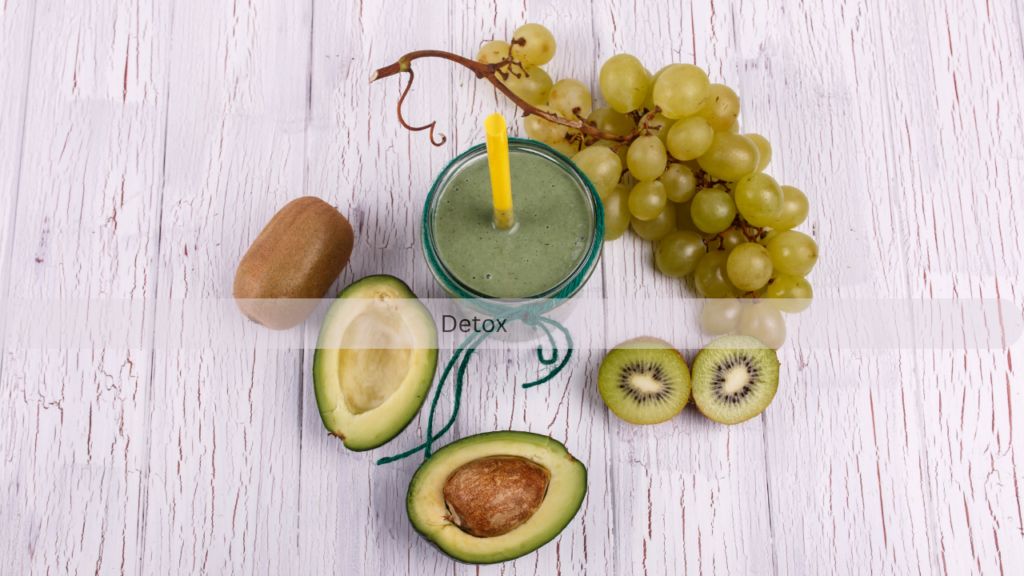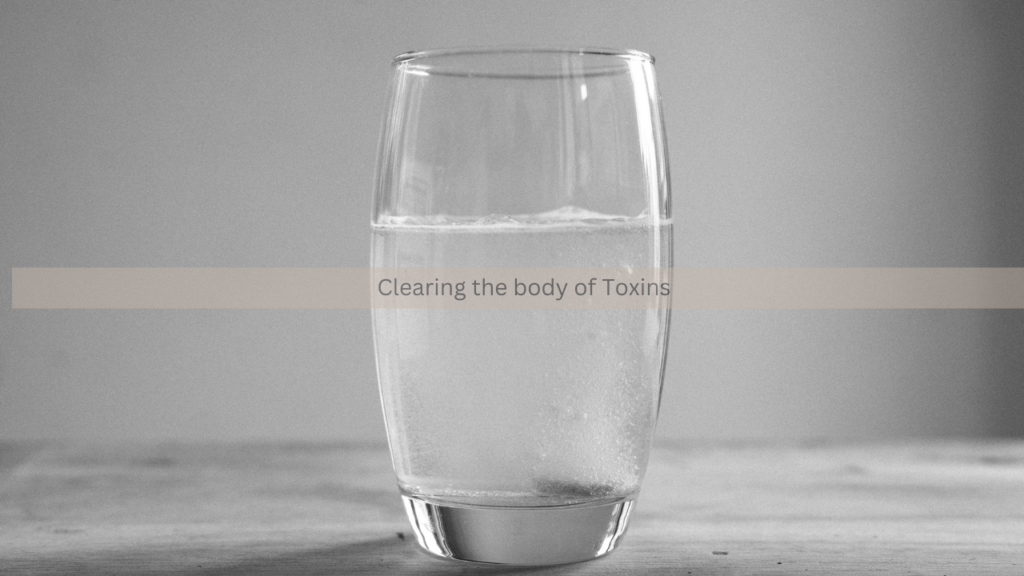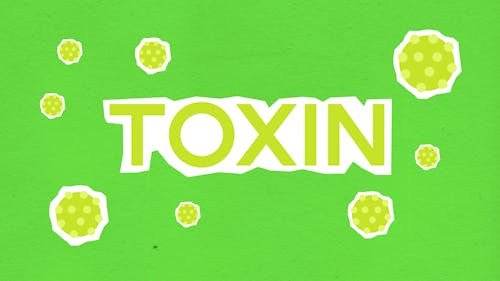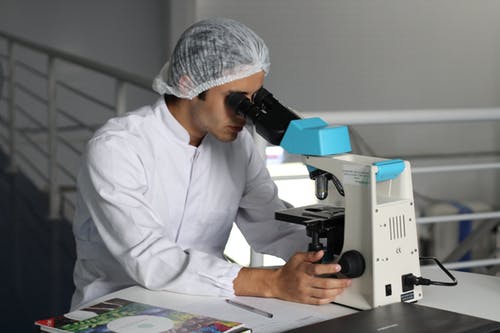
Substance abuse is a complex issue that affects millions of people worldwide. Overcoming addiction is a challenging process that requires multiple steps, but the first and most crucial stage is detoxification, or detox. Detox is the process of eliminating harmful substances from the body, allowing an individual to begin their recovery journey with a clear mind and stabilized health. Without a proper detox, the chances of achieving long-term sobriety become significantly more difficult. Understanding why detox is essential can help individuals struggling with addiction take the necessary steps toward a healthier and drug-free life.
The Role of Detox in Addiction Recovery
When someone is addicted to drugs or alcohol, their body becomes dependent on these substances to function normally. Over time, the brain adjusts to the presence of these chemicals, leading to withdrawal symptoms when substance use is reduced or stopped. Detox helps remove these substances safely and manage withdrawal symptoms in a controlled environment. This process is vital because it prepares the body and mind for further addiction treatment, such as therapy and counseling.
Managing Withdrawal Symptoms Safely
One of the biggest barriers to recovery is the discomfort of withdrawal symptoms. Depending on the substance used, withdrawal can range from mild discomfort to life-threatening complications. Common symptoms include nausea, sweating, anxiety, depression, muscle pain, and insomnia. In severe cases, withdrawal from substances like alcohol and opioids can cause seizures, hallucinations, or cardiac issues. Medical detox programs provide supervision and support, ensuring that individuals go through withdrawal safely and with as much comfort as possible. Medications may also be administered to ease symptoms and reduce cravings, making the transition to sobriety more manageable.
Preventing Relapse in the Early Stages
Many individuals who attempt to quit drugs or alcohol on their own find themselves relapsing due to the overwhelming physical and emotional withdrawal symptoms. Detox in a professional setting helps reduce the likelihood of relapse by providing a structured environment free from triggers and access to substances. With medical professionals available, individuals are less likely to give in to cravings or resort to substance use to alleviate discomfort.
Preparing for Long-Term Recovery
Detox is not a cure for addiction, but it is a necessary step toward recovery. After detox, individuals must engage in therapy, counseling, and support groups to address the psychological aspects of addiction. Behavioral therapies, such as cognitive-behavioral therapy (CBT), help individuals identify and change destructive patterns of thinking and behavior. Detox serves as a foundation for these treatments by clearing the mind and body of substances, making individuals more receptive to therapeutic interventions.
Conclusion
Detox is an essential first step in overcoming substance abuse. It allows individuals to rid their bodies of harmful substances safely, manage withdrawal symptoms, and prepare for the next phases of recovery. Without proper detox, the risk of relapse and serious health complications increases significantly. Seeking professional detox services provides the best chance for a successful and long-lasting recovery. If you or a loved one is struggling with addiction, taking that first step toward detox could be the most important decision for a healthier future.







